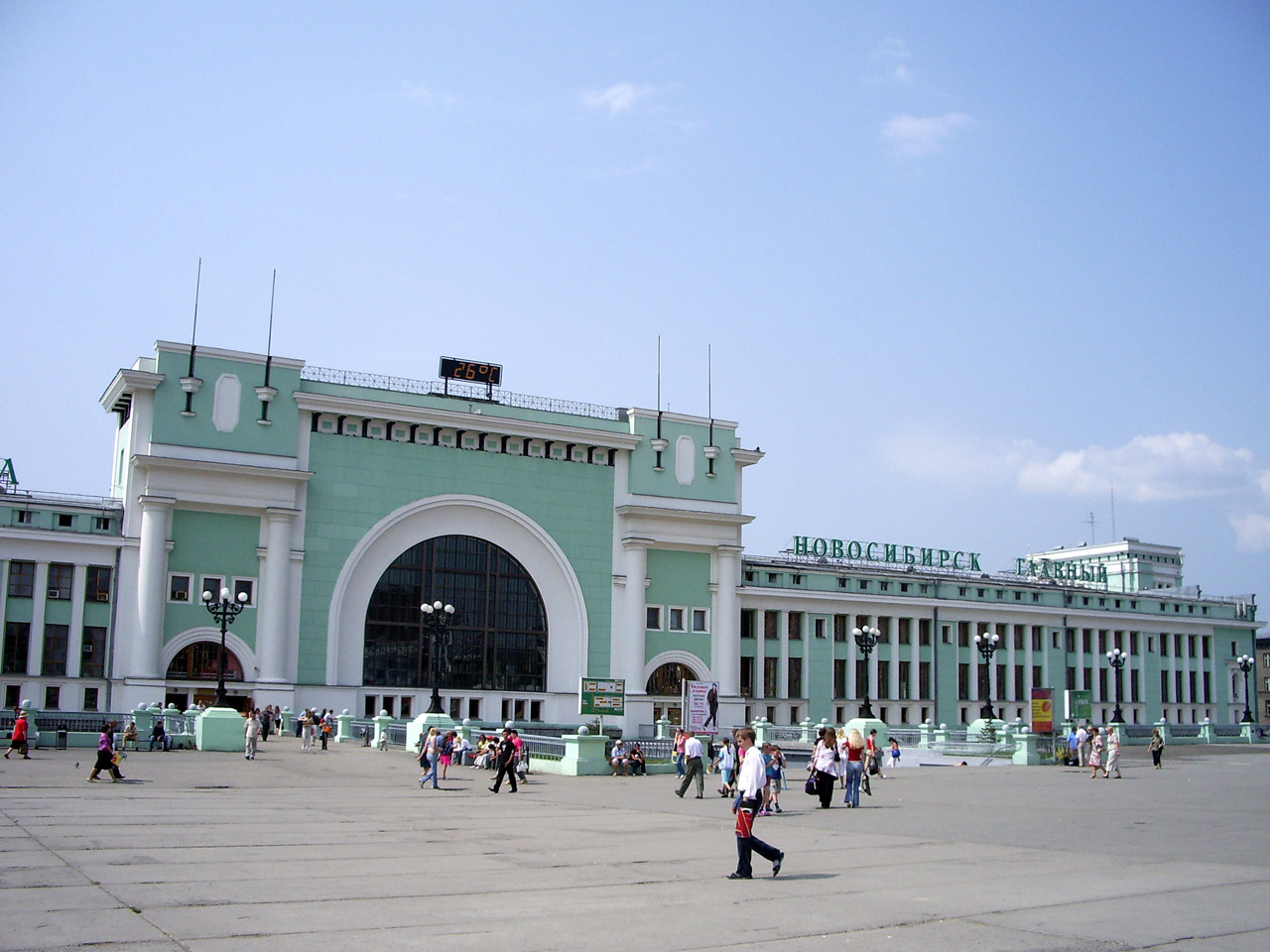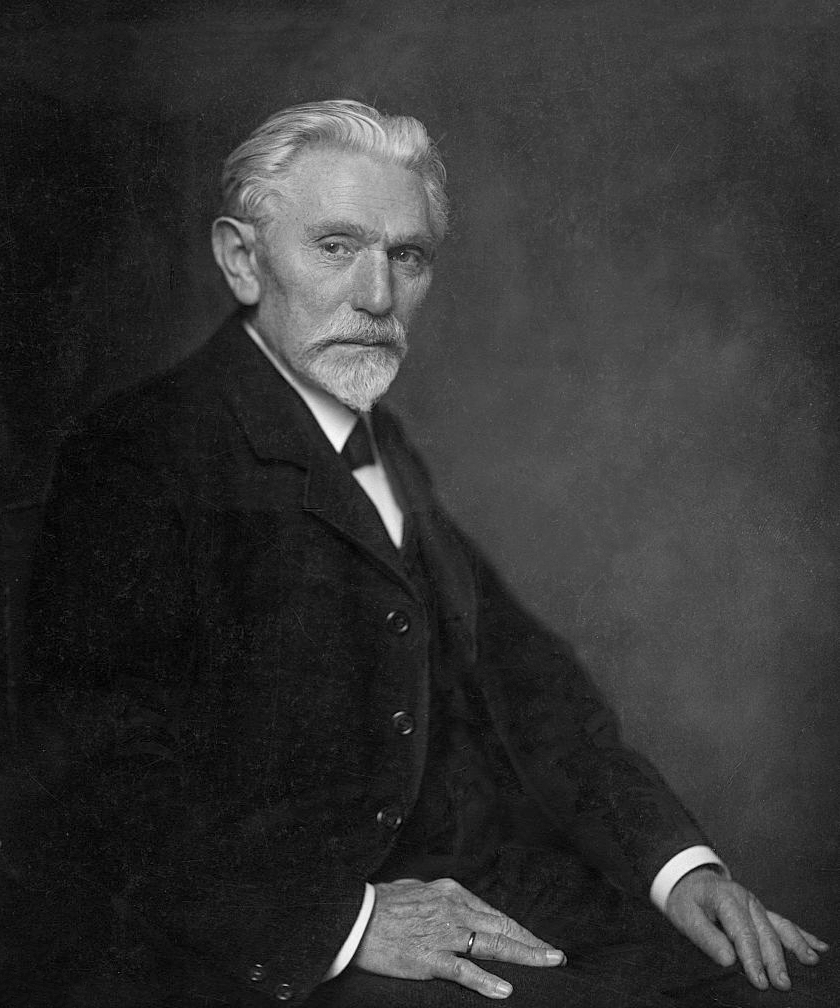|
Znanie - Sila
Znanie (russian: Зна́ние, ; en, Knowledge) was a publishing company based in St. Petersburg, Russia founded by Konstantin Pyatnitsky and other members of the Committee for Literacy. It operated from 1898 to 1913. History Znanie initially published books for a mass audience on natural science, history, education, and art. Maxim Gorky joined Znanie in 1900 and became its director in late 1902. Through Znanie, Gorky brought together many of the best known realist writers of the time. Znanie published the collected works of Gorky (9 vols.), Alexander Serafimovich, Alexander Kuprin, Vikenty Veresaev, Stepan Skitalets, Nikolai Teleshov and many others.''The Great Soviet Encyclopedia'', 3rd Edition (1970-1979).A Writer Remembers, Teleshov, Hutchinson, NY, 1943. Znanie became known as the most progressive of all Russian publishing houses directed toward broad democratic reader-ships. In 1904 the publishing house began issuing the Znanie Collections, which brought together short s ... [...More Info...] [...Related Items...] OR: [Wikipedia] [Google] [Baidu] |
St Petersburg
Saint Petersburg ( rus, links=no, –°–∞–Ω–∫—Ç-–ü–µ—Ç–µ—Ä–±—É—Ä–≥, a=Ru-Sankt Peterburg Leningrad Petrograd Piter.ogg, r=Sankt-Peterburg, p=Ààsankt p ≤…™t ≤…™rÀàburk), formerly known as Petrograd (1914‚Äì1924) and later Leningrad (1924‚Äì1991), is the second-largest city in Russia. It is situated on the Neva River, at the head of the Gulf of Finland on the Baltic Sea, with a population of roughly 5.4 million residents. Saint Petersburg is the fourth-most populous city in Europe after Istanbul, Moscow and London, the most populous city on the Baltic Sea, and the world's northernmost city of more than 1 million residents. As Russia's Imperial capital, and a historically strategic port, it is governed as a federal city. The city was founded by Tsar Peter the Great on 27 May 1703 on the site of a captured Swedish fortress, and was named after apostle Saint Peter. In Russia, Saint Petersburg is historically and culturally associated with th ... [...More Info...] [...Related Items...] OR: [Wikipedia] [Google] [Baidu] |
Nikolai Garin-Mikhailovsky
Nikolai Georgievich Mikhailovsky (Russian: Никола́й Гео́ргиевич Михайло́вский, ) was a Russian writer and essayist, locating engineer and railroad constructor. As a writer, he published under the pseudonym N. Garin (Russian: Н. Га́рин), and since his death has been commonly referred to as the hyphenated Garin-Mikhailovsky. Career As an engineer Garin-Mikhailovsky was involved in construction of the Laspi Pass highway and the Trans-Siberian Railway. In 1891 he headed the surveying party that chose the place for building a railroad bridge over River Ob for the Trans-Siberian Railway. It was Garin-Mikhailovsky who rejected the option of raising a bridge in Tomsk. This decision later resulted in the foundation of Novosibirsk and played a vital role in development of the city. He came down in the history of Russian literature as the author of the story ''Tyoma's Childhood'' (1892) and the short story ''Several Years in the Country''. His trave ... [...More Info...] [...Related Items...] OR: [Wikipedia] [Google] [Baidu] |
Publishing Companies Established In 1898
Publishing is the activity of making information, literature, music, software and other content available to the public for sale or for free. Traditionally, the term refers to the creation and distribution of printed works, such as books, newspapers, and magazines. With the advent of digital information systems, the scope has expanded to include electronic publishing such as ebooks, academic journals, micropublishing, websites, blogs, video game publishing, and the like. Publishing may produce private, club, commons or public goods and may be conducted as a commercial, public, social or community activity. The commercial publishing industry ranges from large multinational conglomerates such as Bertelsmann, RELX, Pearson and Thomson Reuters to thousands of small independents. It has various divisions such as trade/retail publishing of fiction and non-fiction, educational publishing (k-12) and academic and scientific publishing. Publishing is also undertaken by governments, civi ... [...More Info...] [...Related Items...] OR: [Wikipedia] [Google] [Baidu] |
Political Book Publishing Companies
Politics (from , ) is the set of activities that are associated with making decisions in groups, or other forms of power relations among individuals, such as the distribution of resources or status. The branch of social science that studies politics and government is referred to as political science. It may be used positively in the context of a "political solution" which is compromising and nonviolent, or descriptively as "the art or science of government", but also often carries a negative connotation.. The concept has been defined in various ways, and different approaches have fundamentally differing views on whether it should be used extensively or limitedly, empirically or normatively, and on whether conflict or co-operation is more essential to it. A variety of methods are deployed in politics, which include promoting one's own political views among people, negotiation with other political subjects, making laws, and exercising internal and external force, including ... [...More Info...] [...Related Items...] OR: [Wikipedia] [Google] [Baidu] |
Book Publishing Companies Of Russia
A book is a medium for recording information in the form of writing or images, typically composed of many pages (made of papyrus, parchment, vellum, or paper) bound together and protected by a cover. The technical term for this physical arrangement is ''codex'' (plural, ''codices''). In the history of hand-held physical supports for extended written compositions or records, the codex replaces its predecessor, the scroll. A single sheet in a codex is a leaf and each side of a leaf is a page. As an intellectual object, a book is prototypically a composition of such great length that it takes a considerable investment of time to compose and still considered as an investment of time to read. In a restricted sense, a book is a self-sufficient section or part of a longer composition, a usage reflecting that, in antiquity, long works had to be written on several scrolls and each scroll had to be identified by the book it contained. Each part of Aristotle's ''Physics'' is called a b ... [...More Info...] [...Related Items...] OR: [Wikipedia] [Google] [Baidu] |
Sreda (literary Group)
The Moscow Literary Sreda (russian: Моско́вская Литерату́рная Cреда, Moskovskaya Literaturnaya Sreda/Moskovskaja Literaturnaja Sreda) was a Moscow literary group founded in 1899 by Nikolai Teleshov. The name Sreda means Wednesday, taken from the day of the week on which writers and other artists met at Teleshov's home. The last meeting of the Sreda took place in 1916. Reference Guide to Russian Literature, Fitzroy Dearborn Publishers, Chicago, 1998. List of Sreda members *Leonid Andreyev *Pyotr Boborykin *Ivan Bunin *Fyodor Chaliapin *Anton Chekhov (Visitor) *Evgeny Chirikov *Sergey Elpatyevsky *Nikolai Garin-Mikhailovsky (Visitor) *Maxim Gorky * Evgeny Goslavsky * Sergey Gusev-Orenburgsky *Aleksandr Kuprin *Vladimir Korolenko (Visitor) *Isaac Levitan *Dmitry Mamin-Sibiryak *Sergey Terentyevich Semyonov *Alexander Serafimovich *Ivan Shmelyov *Stepan Skitalets *Fyodor Sologub (Visitor) * Nikolai Teleshov *Viktor Vasnetsov *Vikenty Veresaev *Semyon ... [...More Info...] [...Related Items...] OR: [Wikipedia] [Google] [Baidu] |
August Bebel
Ferdinand August Bebel (22 February 1840 – 13 August 1913) was a German socialist politician, writer, and orator. He is best remembered as one of the founders of the Social Democratic Workers' Party of Germany (SDAP) in 1869, which in 1875 merged with the General German Workers' Association into the Socialist Workers' Party of Germany (SAPD). During the repression under the terms of the Anti-Socialist Laws, Bebel became the leading figure of the social democratic movement in Germany and from 1892 until his death served as chairman of the Social Democratic Party of Germany. Biography Early years Ferdinand August Bebel, known as August, was born on 22 February 1840, in Deutz, Germany, now a part of Cologne. He was the son of a Prussian noncommissioned officer in the Prussian infantry, initially from Ostrowo in the Province of Posen, and was born in military barracks. The father died in 1844. As a young man, Bebel apprenticed as a carpenter and joiner in Leipzig."August Be ... [...More Info...] [...Related Items...] OR: [Wikipedia] [Google] [Baidu] |
Paul Lafargue
Paul Lafargue (; 15 January 1842 – 25 November 1911) was a Cuban- Haitian revolutionary Marxist socialist, political writer, economist, journalist, literary critic, and activist; he was Karl Marx's son-in-law having married his second daughter, Laura. His best known work is '' The Right to Be Lazy''. Born in Cuba to French and Saint Dominican Creole parents, Lafargue spent most of his life in France, with periods in England and Spain. At the age of 69, he and 66-year-old Laura died together by a suicide pact. Lafargue was the subject of a famous quotation by Karl Marx. Soon before Marx died in 1883, he wrote a letter to Lafargue and the French Workers' Party organizer Jules Guesde, both of whom already claimed to represent "Marxist" principles. Marx accused them of "revolutionary phrase-mongering" and of denying the value of reformist struggles. This exchange is the source of Marx's remark, reported by Friedrich Engels, "" ("If one thing is certain, I am not a Marxist"). ... [...More Info...] [...Related Items...] OR: [Wikipedia] [Google] [Baidu] |
Karl Marx
Karl Heinrich Marx (; 5 May 1818 – 14 March 1883) was a German philosopher, economist, historian, sociologist, political theorist, journalist, critic of political economy, and socialist revolutionary. His best-known titles are the 1848 pamphlet ''The Communist Manifesto'' and the four-volume (1867–1883). Marx's political and philosophical thought had enormous influence on subsequent intellectual, economic, and political history. His name has been used as an adjective, a noun, and a school of social theory. Born in Trier, Germany, Marx studied law and philosophy at the universities of Bonn and Berlin. He married German theatre critic and political activist Jenny von Westphalen in 1843. Due to his political publications, Marx became stateless and lived in exile with his wife and children in London for decades, where he continued to develop his thought in collaboration with German philosopher Friedrich Engels and publish his writings, researching in the British Mus ... [...More Info...] [...Related Items...] OR: [Wikipedia] [Google] [Baidu] |
Bolsheviks
The Bolsheviks (russian: Большевики́, from большинство́ ''bol'shinstvó'', 'majority'),; derived from ''bol'shinstvó'' (большинство́), "majority", literally meaning "one of the majority". also known in English as the Bolshevists,. It signifies both Bolsheviks and adherents of Bolshevik policies. were a far-left, revolutionary Marxist faction founded by Vladimir Lenin that split with the Mensheviks from the Marxist Russian Social Democratic Labour Party (RSDLP), a revolutionary socialist political party formed in 1898, at its Second Party Congress in 1903. After forming their own party in 1912, the Bolsheviks took power during the October Revolution in the Russian Republic in November 1917, overthrowing the Provisional Government of Alexander Kerensky, and became the only ruling party in the subsequent Soviet Russia and later the Soviet Union. They considered themselves the leaders of the revolutionary proletariat of Russia. Their beli ... [...More Info...] [...Related Items...] OR: [Wikipedia] [Google] [Baidu] |
Viktor Mirolyubov
Viktor Sergeyevich Mirolyubov (russian: Виктор Серге́евич Миролюбов, 22 January 1860, Moscow, Russian Empire – 26 October 1939, Leningrad, USSR) was a Russian journalist, editor and publisher. Having started out as an opera singer (who up until 1897 performed, as V.Mirov, at the Bolshoi Theatre), he became widely known for his work as a head of '' Zhurnal Dlya Vsekh'' (Journal for Everyone, 1898–1906), originally a minor publication which he then bought out to turn into one of the leading literary Russian magazines of the time. In 1901 Mirolyubov became a co-founder (along with Dmitry Merezhkovsky and Zinaida Gippius among others) of the Religious-Philosophic Meetings (1901–1903). After the 1917 Revolution Viktor Mirolyubov, encouraged and supported by Maxim Gorky Alexei Maximovich Peshkov (russian: link=no, Алексе́й Макси́мович Пешко́в; – 18 June 1936), popularly known as Maxim Gorky (russian: Макси́Р... [...More Info...] [...Related Items...] OR: [Wikipedia] [Google] [Baidu] |











